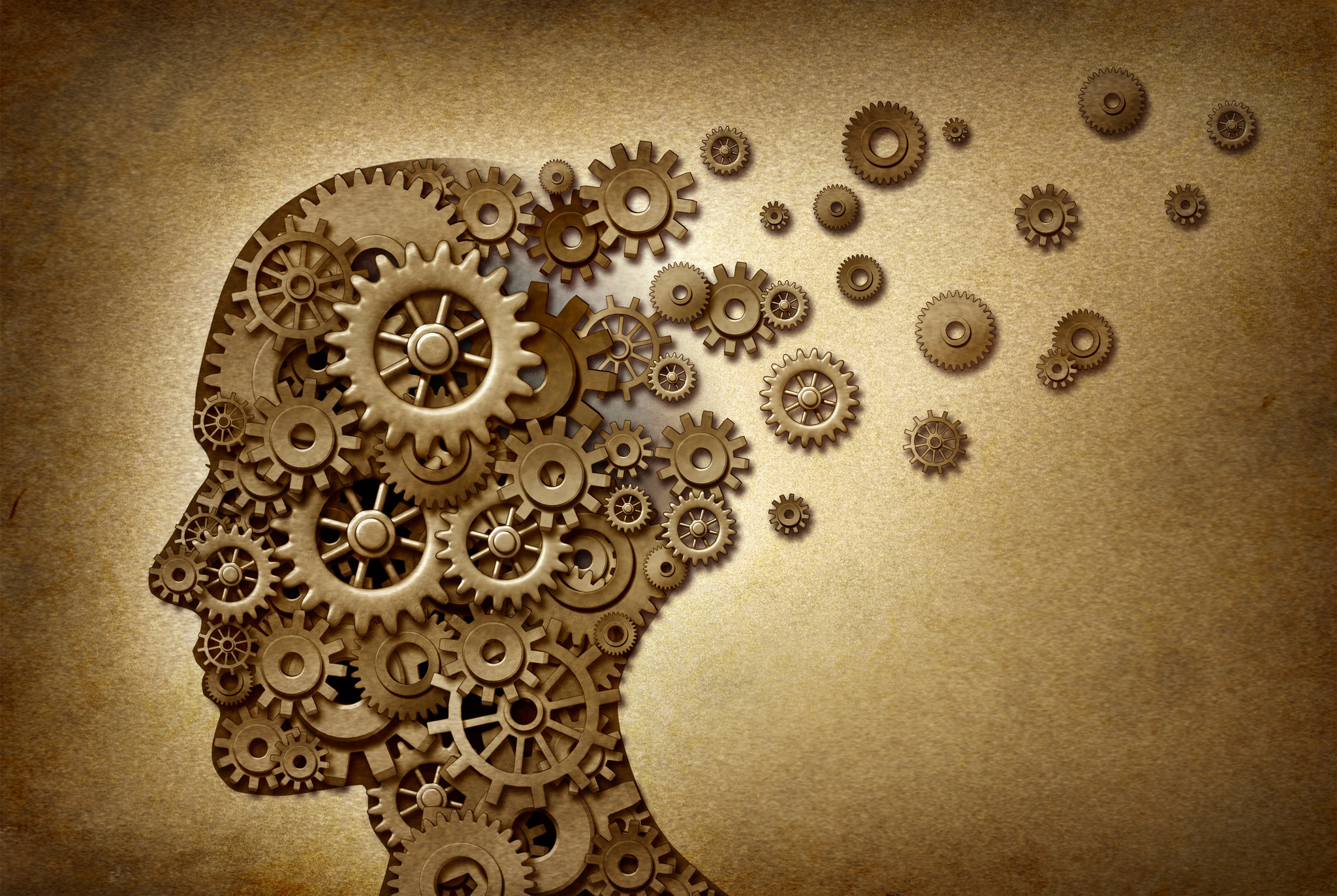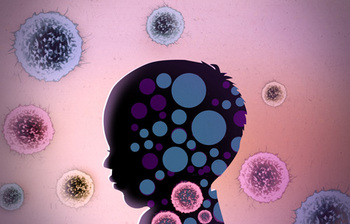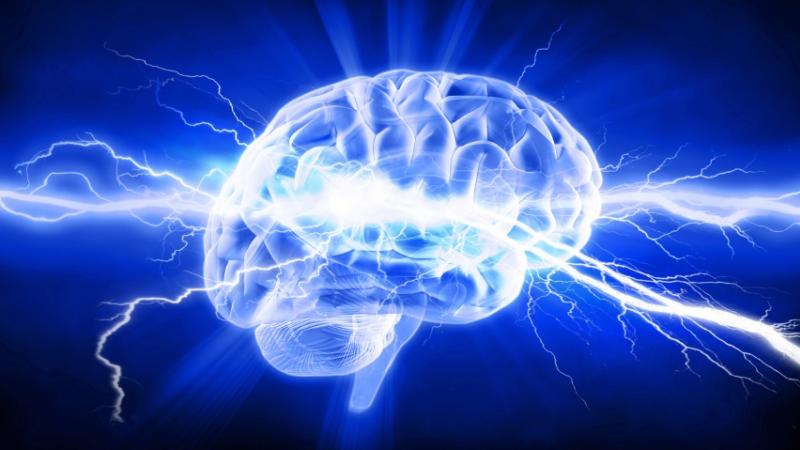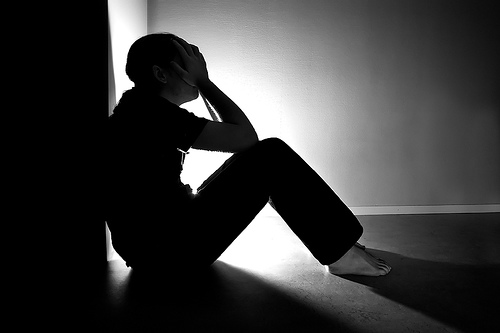
Rethinking the Maltese Mental Health Service
March 1, 2014
The Neurobiology of Autism
August 22, 2014Comparing the Effects of Repetitive Transcranial Magnetic Stimulation and Electroconvulsive Therapy in the Treatment of Depression: A Systematic Review and Meta-Analysis
Beppe Micallef-Trigona - Depress Res Treat. 2014; 2014: 135049. Published online 2014 July 21. doi: 10.1155/2014/135049
Abstract
Electroconvulsive therapy (ECT) is the longest standing psychiatric treatment available and has unequivocal benefit in severe depression. However this treatment comes with a number of side effects such as memory impairment. On the other hand, Repetitive Transcranial Magnetic Stimulation (TMS) is a relatively new form of treatment which has been shown to be efficacious in patients suffering from a number of psychopathologies, including severe depression, with few reported side effects. Due to its potential therapeutic efficacy and lack of side effects, TMS has gained traction in the treatment of depression, with a number of authors keen to see it take over from ECT. However, it is not clear whether TMS represents a therapeutic alternative to ECT. This meta-analysis therefore set out to compare the “gold standard” treatment for severe depression, with the relatively new but promising TMS.
Introduction
ECT is one of the oldest forms of treatment in psychiatry that is still used today. A recent systematic review showed “significant superiority of ECT in all comparisons: ECT versus simulated ECT, ECT versus placebo, ECT versus antidepressants in general, ECT versus TCAs, and ECT versus MAOIs”. This confirmed the findings by the UK ECT Review Group which had found that ECT is an “effective short-term treatment for depression and is probably more effective than drug therapy.” The consortium for Research in ECT also found a strong positive effect for ECT, with remission rates of 75% after the first two weeks of use, in patients suffering from acute depressive illness. In a recent study by Kellner et al. 200 patients diagnosed with unipolar depression showed better remission rates after bilateral ETC when compared to the control group on Nortriptyline and Lithium. ECT has also been shown to have positive effects in patients suffering from severe depression with psychosis, who saw a remission rate of up to 90%. However, the symptomatic remission induced by ECT appears to be short-lived. ECT is also effective, especially when given bilaterally, in the manic phase of Bipolar Affective Disorder (BPAD). However, given the good efficacy of current drug therapy, ECT is usually limited to patients with specific contraindications to pharmacological approaches or who are refractory to pharmacological treatment. In schizophrenia, ECT has been successfully used in both the acute phase, especially in patients with catatonic symptoms, as well as in chronic treatment resistant cases. ECT has been used in a number of other conditions such as Obsessive Compulsive Disorder, Postpartum Psychosis, and Parkinson's disease, with varying degrees of success.

